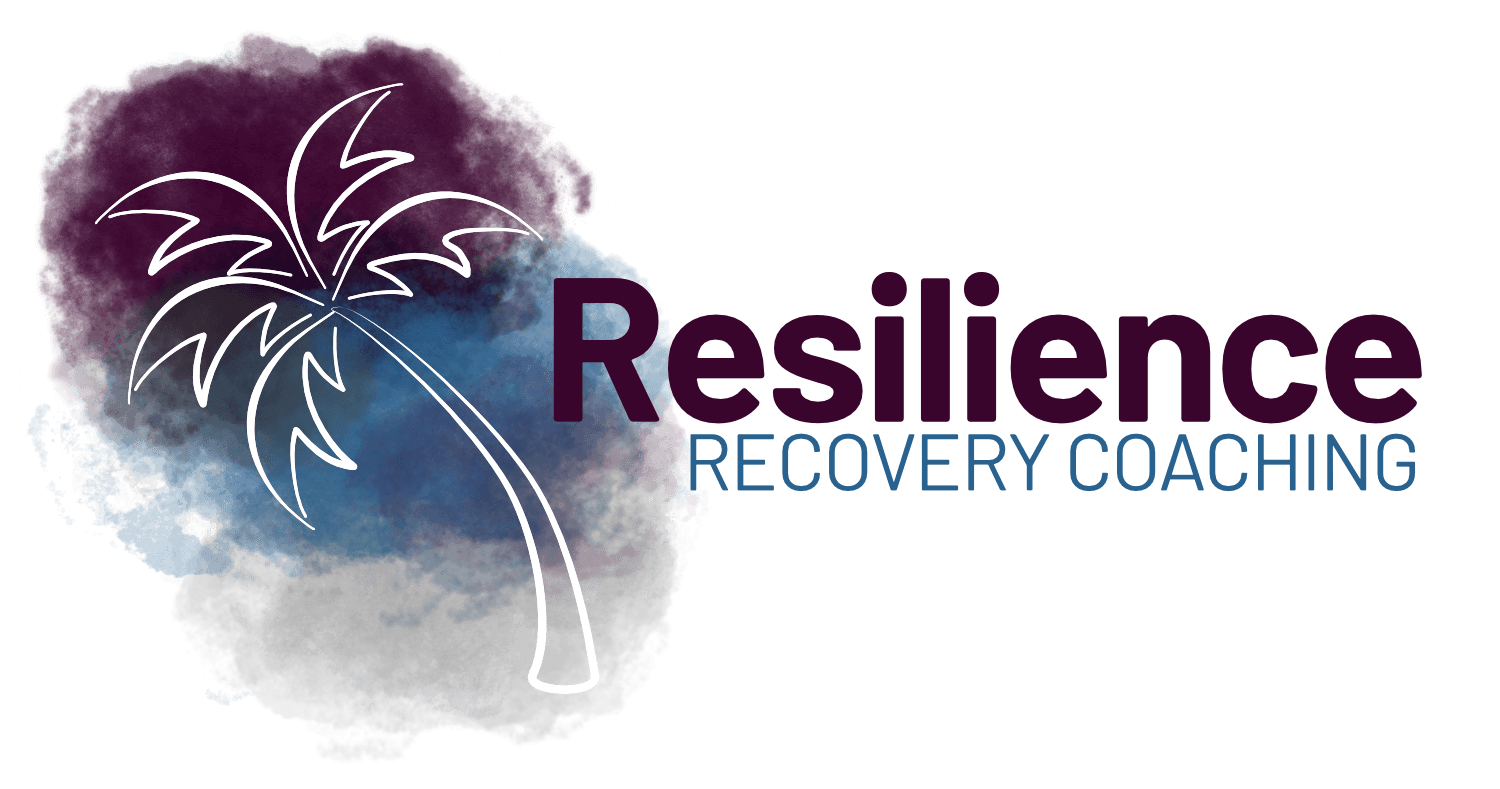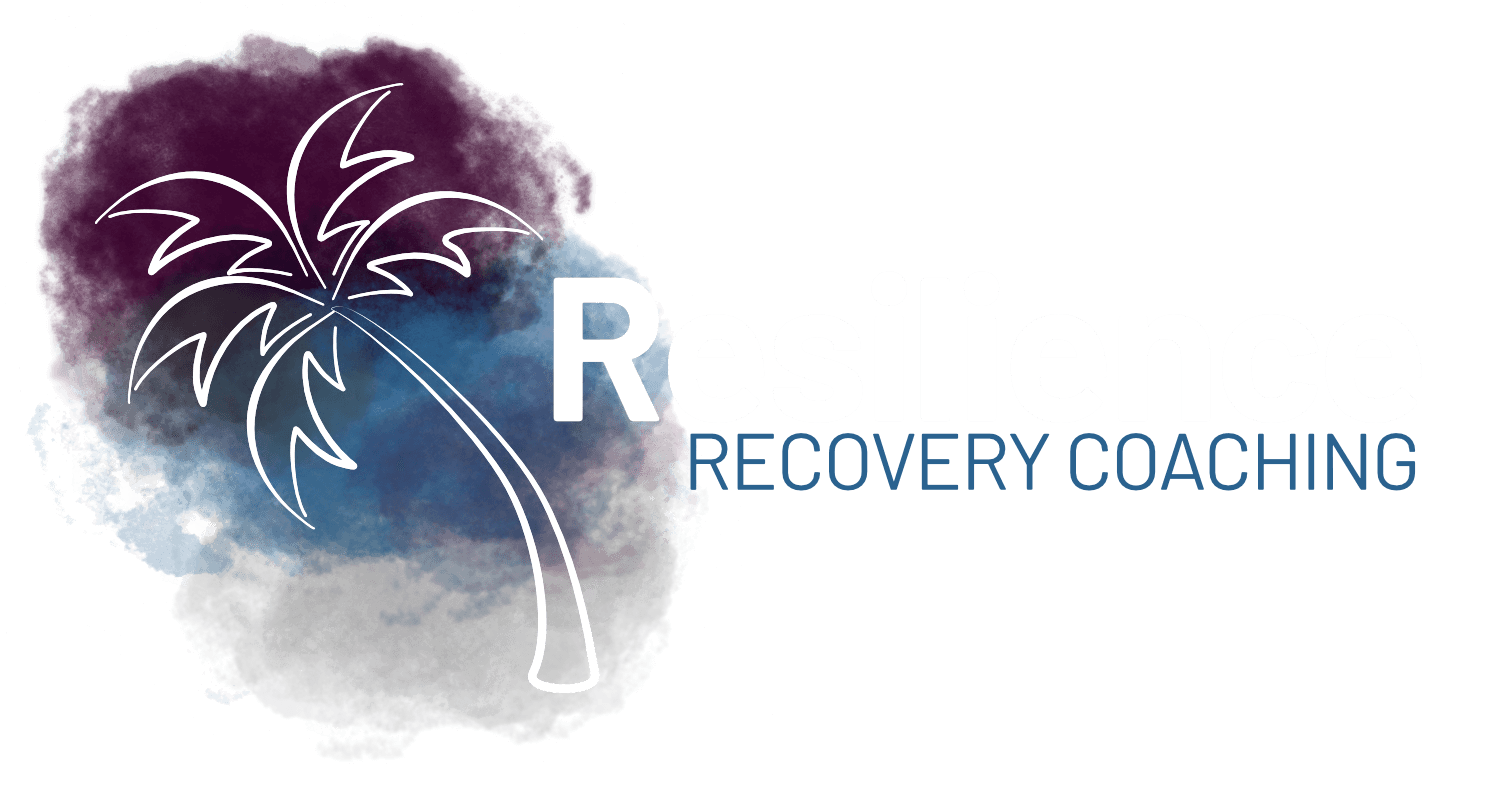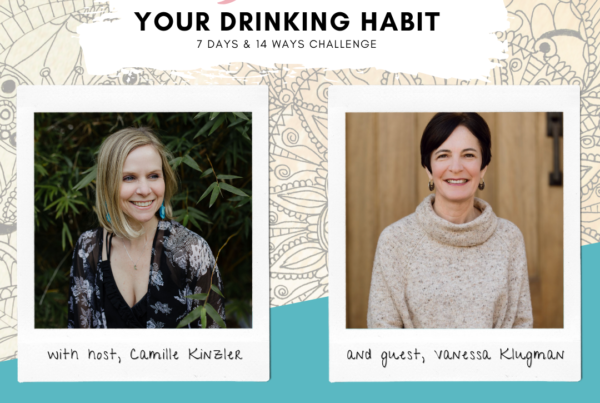
“Expectation is at the root of all heartache.”
– Shakespeare
As a former perfectionist, I spent a lot of time telling myself what I should or should not be doing. My should rules were endless and included what a mom, daughter, wife, doctor should always do. The more I coach clients, the more aware I am of the internal pressure that our should rules create for us. The underlying message of these rules is that we should be better and that we are not good enough as we are. The pressure is to be someone based on an unrealistic idea of who you are supposed to be rather than on who you are.
People believe that self-criticism will help motivate them to reach their goals. It actually has the opposite effect often resulting in inaction and stagnation. The more pressure that you place on yourself to do something, the less likely you will actually follow through. Another negative effect of “shoulding” is that applying relentless pressure and internal judgment can result in severe anxiety and depression. People often turn away from the pain and attempt to numb discomfort in the form of an addiction.
When we are living according to what we should do, we are using outside expectations to determine our decisions, rather than being guided by our authentic desires. There is a different option available to us. We can make decisions from a place of what feels right and authentic. We can check in with ourselves and ask what we want when faced with a decision. We can become curious about where our shoulds originated. We can check in as to whom the should belongs and whether we agree with it. Replacing our shoulds with what we desire changes our actions from something we are forced to do, to something we want.
In his book “Feeling Good “, David Burns introduces some methods that can help reduce our should statements. These include asking yourself. “Who say’s I should?” or “Where is it written that I should?” This allows you to become aware of how unnecessarily critical you are being of yourself. Once you know the rules according to which you live, you can decide if any revision is necessary. When evaluating a rule that you have for yourself such as, “I always need to put others first”, you can assess the costs and benefits of the rule. You can then revise the rule in a more empowering way.
It takes consistent practice to work with your should statements. As you become more aware of them, you will find it easier to challenge and question their validity. How do you deal with “shoulding” and what works for you?
If you are interested in working with me, we can set up a free 30 minute discovery call.
Send me an email at vanessalifeandreoverycoach@gmail.com





